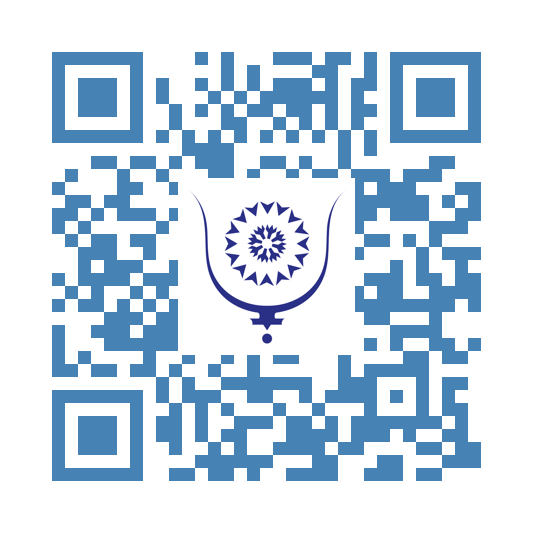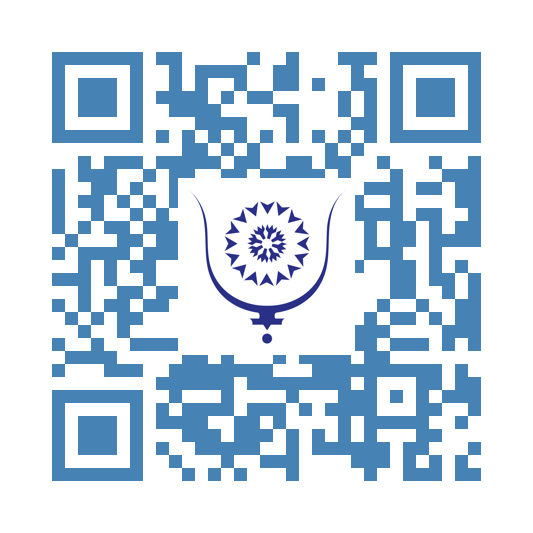Ces nouveau défenseurs des libertés et de la démocratie... Partie: 1 1884
Avec l'autorisation de mon ami Aziz Boucetta, je me permets ici de partager avec les lecteurs de Bluwr, le billet qu'il a publié dans Panorapost.com, un organe de presse qu'il dirige avec compétence et responsabilité. le titre est édifiant et la raison de sa colère évidente. Le paysage journalistique et celui des réseaux est aujourd'hui submergé, inondé pollué au point de devenir nauséabond. Il est probablement temps de se prononcer et que chacun prenne ses responsabilités mais aussi d’agir en contradicteur de l’imbécilité et de l’indécence.
Le lien de la source est au bas de la page.
Voici ici le texte tel que signé Aziz Boucetta le 29 janvier 2025.
Partie: 1
Aujourd’hui, aucune personne sensée ne peut plus mettre en doute cette vérité que nous vivons dans un monde dangereux. Instable, incertain, et donc dangereux. Dans cette planète mondialisée où l’humanité est réduite à un petit village grand ouvert, nous assistons à ce paradoxe qui voit tous les pays se fermer sur eux-mêmes, procéder à des introversions sur eux-mêmes. Les Etats se défendent désormais contre les menaces extérieures qui les affaiblissent et les attaques intérieures qui les rongent. Mais ce qu’on oublie, c’est la nécessité d’avoir un Etat fort… un Etat fort qui rende des comptes certes, qui doit les rendre, mais qui doit également être protégé et préservé.
Or, que voyons-nous, dans le monde entier, et au Maroc en particulier ? Des gens qui rappellent cette pensée d’Umberto Eco : « Les réseaux sociaux ont donné le droit de parole à des légions d'imbéciles qui avant, ne parlaient qu'au bar et ne causaient aucun tort à la collectivité. On les faisait taire tout de suite. Aujourd'hui, ils ont le même droit de parole qu'un prix Nobel ». Ces gens alimentent les colères rentrées des gens et les agrègent, surfent sur leurs mécontentements, profitent de leur naïveté et de leur crédulité, abondent dans leur sens, mentent au besoin, mentent souvent.
On les appelle youtoubeurs, influenceurs… ils se choisissent des noms de scène, faciles à retenir, soigneusement marketés, où ils s’affublent de titres universitaires, souvent abusifs, docteur, professeur, maître… Et ils portent et promènent leurs paroles sur les réseaux sociaux qui leur sont si favorablement ouverts, et dans lesquels ils trouvent des gens si facilement convaincables et influençables.
Un Etat fonctionne à sa manière, et c’est partout la même ; les méthodes sont universelles mais leurs déclinaisons restent nationales. Dans tous les pays, les Etats à travers leurs institutions renferment des gens douteux, procèdent à des activités pas toujours légales, entreprennent des actions parfois liberticides, se lancent dans des opérations moralement répréhensibles… Et c’est pour cela qu’il existe des contre-pouvoirs, et qu’il en faut. Jusqu’à récemment, ces contre-pouvoirs étaient institutionnels et, souvent, ils ne suffisaient pas, et ne suffisent toujours pas.
Les réseaux sociaux ont apporté une nouvelle puissance à ces contre-pouvoirs. Désormais, tout un chacun peut anonymement dénoncer un passe-droit, un abus, une irrégularité, voire un crime financier. Et c’est là où les choses peuvent déraper, c’est là qu’elles dérapent. Et c’est là qu’il faut savoir raison garder, et ramener les choses à leur endroit.
Première vérité : L’Etat n’est pas un ennemi. Il gère, légifère réglemente, contrôle, sanctionne, taxe, dépense, régule, prévoit… L’Etat est nécessaire, et l’affaiblir est dangereux. Jadis, l’Etat versait systématiquement, ou presque, dans des abus de tous ordres. Aujourd’hui, la tentation est la même, mais la prudence est devenue de mise. Tout acte répréhensible ou abusif est susceptible d’être dénoncé, rapporté à l’opinion publique, avec preuves à l’appui. Les réseaux sociaux sont là pour ça, les dirigeants le savent et agissent en conséquence.
Deuxième vérité : Tout le monde ne peut pas être « justicier » et personne ne peut prétendre détenir la vérité, même les plus bruyants, même les plus « talentueux » sur Facebook, Youtube et autres plateformes.
Troisième vérité : L’expression et l’opinion doivent être libres, cela ne fait aucun doute, mais cette liberté est encadrée, réglementée. On ne peut tout dire sous le toit de la liberté d’expression, qui glisse souvent en diffamation, en calomnie, en désinformation. La liberté d’expression, c’est aussi une obligation, on l’oublie bien souvent.
Au Maroc, comme ailleurs, ces « justiciers » sont pléthore. Certains, les « intellectuels », font des analyses, agissent de manière en apparence « rationnelle », développent leurs arguments ; ils sont sur leurs chaînes personnelles, ou agissent au nom d’ONG connues et souvent donneuses de leçons (orientées et sélectives, comme on le sait désormais depuis Gaza), à la manière des années 70 du siècle dernier, alors que le monde a changé. Ils sont connus, pour avoir exercé des responsabilités au Maroc ou pour y avoir porté des titres, mais ils sont souvent expatriés. Leur problème est que leurs logiciels de pensées sont restées figés au début des années 2000, et pour certains plus haut encore dans l’histoire, dans le cadre tracé par John Waterbury à la fin des années 60 du siècle dernier ; et alors que le Maroc est aujourd’hui tourné vers l’avenir, ils persistent à ressasser les anciennes critiques, sur la monarchie, sur la démocratie, sur les libertés, sur le monde arabe comme ensemble homogène ou l’espace maghrébin comme espace hétérogène…
A suivre en partie 2.




